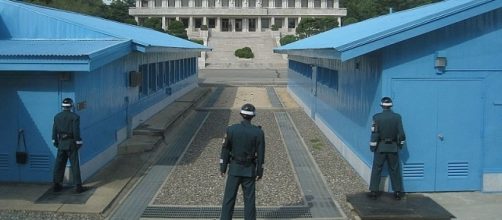The world feels that sanctions are a weapon that could keep North Korea in check. An unpredictable leader leads the country in Kim Jong Un and the UN has been forced to impose further sanctions after a Nuclear Test on September 3rd. The United Nations Security Council passed a measure that will affect gas and oil prices. Other aspects of the ban are the export of North Korean textiles and an upper limit on the number of foreign workers that Pyongyang can send abroad.
The United States and the West wanted a stronger level of sanctions but had to compromise in order to get the support of Russia and China.
As a result, Kim Jong Un’s assets will not come under the purview of the ban.
Will it serve the purpose?
Sky News reports that, in the opinion of Nikki Haley, US ambassador to the UN, the latest round of sanctions is the strongest to have been imposed on North Korea. An action of this nature was necessary because a nuclear-armed country is a danger to the world and there is a need to take suitable steps to confront and nullify the threat, and imposing sanctions is an indirect method to choke funds.
Britain’s Defence Secretary Sir Michael Fallon views the measure as a step to increase the pressure of the global community on Pyongyang. One of the effects of this ban would be to restrict the amount of money that North Korean workers, working abroad, can send back home.
That money is usually diverted by the regime to finance Kim’s nuclear tests and, the ban could reduce the inflow of money. That could, in turn, adversely affect Kim’s nuclear programs.
Can Kim be subdued?
China is the biggest ally of North Korea, and it is understood that four of its state-owned banks have taken action to stop providing financial services to new clients from Pyongyang. Another leading Chinese bank has stopped doing business with Kim’s country. It 's hard to predict whether such actions will indeed force Kim Jong Un to halt his nuclear programs because sanctions are not new to him.
He has successfully circumvented the provisions of previous bans and has continued to finance his programs to develop nuclear weapons.
He is ambitious; he wants his country to be accepted as a nuclear power and has learned to take obstacles in his stride. He continues to pursue his single point agenda and keeps honing his skills as he conducts nuclear tests to improve the performance of his weapons. He has warned the United States about serious consequences and has identified a few likely targets. The world would have to be prepared to face any eventuality.


